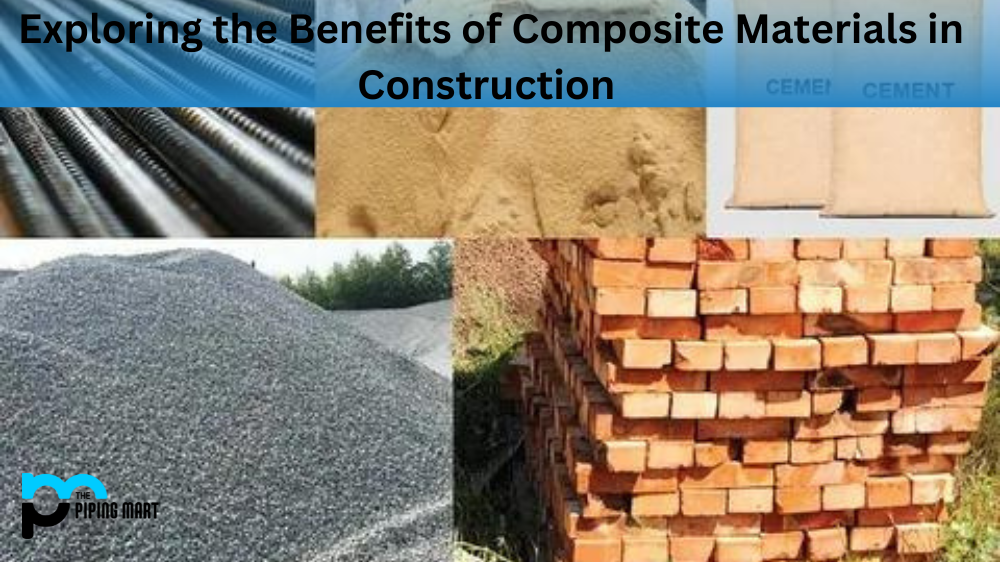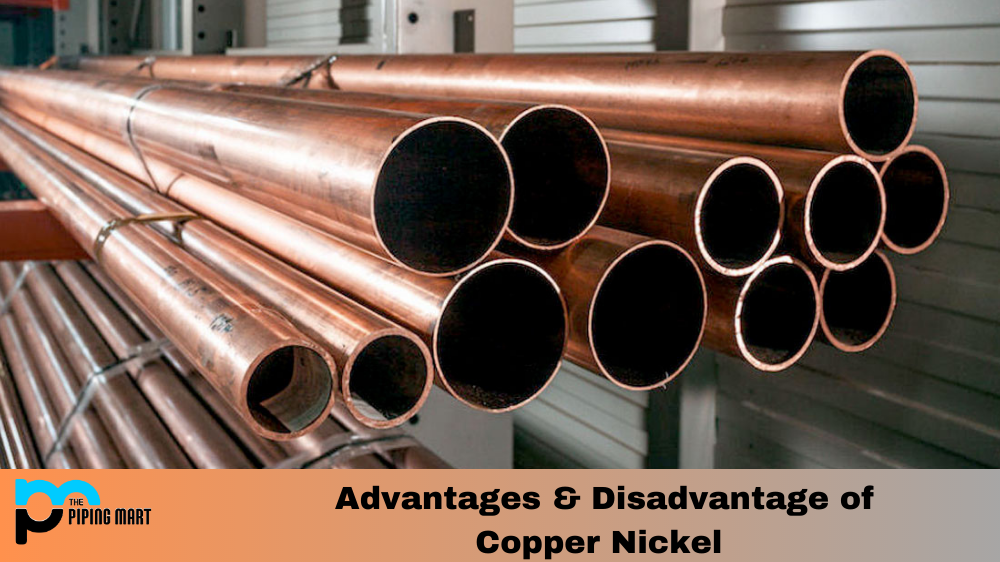In recent years, there has been a significant shift toward the use of composite materials in the construction industry. These materials are gaining popularity with builders due to their strength, durability, and ability to help reduce construction costs. Let’s look at composite materials, how they are used in construction projects, and why they have become so popular.
What is Composite Material?
Composite material is engineered and made up of two or more distinct materials that provide added strength and resilience when combined. Essentially, it combines the best properties of each material into a single product. This makes it much more durable than traditional building materials like wood or concrete alone. It also offers superior energy efficiency and improved environmental performance over traditional building methods.
Uses of Composite Materials in Construction
Composite materials can be used for a variety of different applications in construction projects, from foundation elements to structural support systems. For example, composite material is often used as a formwork for foundations or as a reinforcement for walls and ceilings. It can also be used for roofing structures, window frames, and even decking systems. In addition, composite materials can be used for constructing non-loadbearing walls or for insulation purposes.
Advantages of Using Composite Materials in Construction
One of the major benefits of using composite materials in construction is their strength-to-weight ratio. This means that these materials are significantly stronger than most other building materials while still being lightweight enough to be handled easily during installation and transport processes. Furthermore, composite materials require less maintenance than most traditional building products, meaning they will last longer with fewer repairs needed over time. Additionally, since some composite products contain recycled content, they offer an environmentally friendly alternative to standard building practices, which helps reduce waste and emissions during production processes.
Durability:
Composite materials are highly durable because they consist of strong reinforcements such as fibers or particles held in a binding matrix. This helps them to withstand the wear and tear of the environment and provide a longer lifespan than traditional materials.
Low Maintenance:
Composite materials are much easier to maintain than traditional materials because they are resistant to weather, corrosion, and fire. Therefore, they require very little maintenance, resulting in cost savings over time.
Lightweight:
Composite materials are much lighter than traditional materials, making them ideal for building structures where weight is a concern. This makes them easier to transport, install, and maintain.
Design Flexibility:
The combination of reinforcements and binding matrix gives composite materials great design flexibility. This means that they can be easily adapted to different shapes and sizes, making them ideal for complex structures.
Cost Effective:
Composite materials are often more cost–effective than traditional materials because they require less material, labor, and maintenance. This makes them a great choice for any construction project.
Conclusion:
Overall, composite materials are becoming increasingly popular among builders due to their versatility and durability compared to traditional building methods. Not only do they offer superior strength-to-weight ratios, but they also provide improved environmental performance while helping reduce maintenance costs over time. Whether you’re looking for an alternative to traditional framing systems or want to make your next project more eco-friendly without sacrificing strength or stability – considering composite material could be the right choice for you!

Pipingmart is B2B portal specializes in industrial, metal and piping products. Also, share latest information and news related to products, materials and different types grades to help business dealing in this industry.




